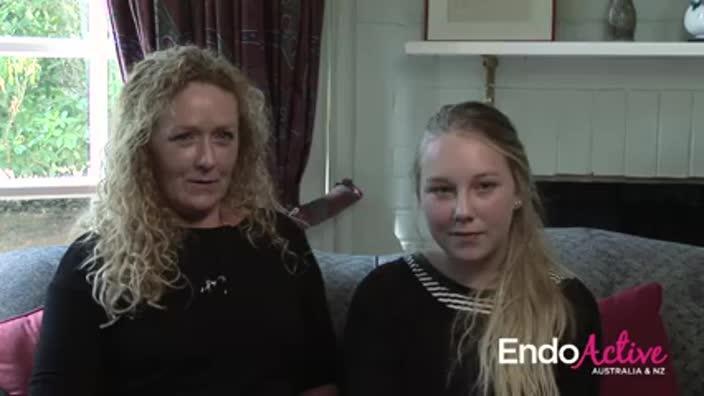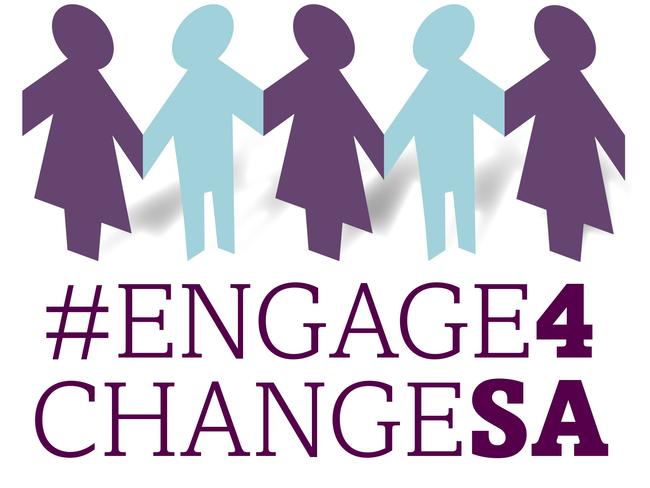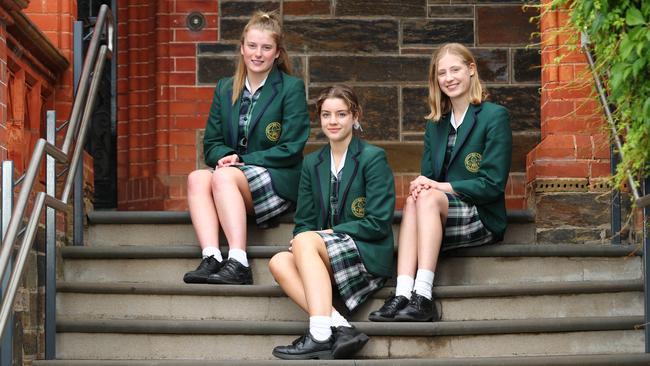Pelvic Pain Foundation of Australia to run school program teaching girls symptoms of endometriosis
Girls in high schools across the state are about to get a pep talk about women’s health, thanks to a long-awaited funding commitment.

SA News
Don't miss out on the headlines from SA News. Followed categories will be added to My News.
- Yellow Wiggle has break from performing for endometriosis surgery
- How Emily Seebohm manages crippling endometriosis
- Sophie Monk’s endometriosis revealed during IVF treatment
- Mel Greig battles fertility clock after endometriosis diagnosis
Girls in high schools across the state are about to get a pep talk on period pain, thanks to a long-awaited funding commitment.
Female Year 9 and 10 students at 80 public and private schools will take part in the Periods, Pain and Endometriosis — or PPEP — Talk program.
It aims to inform young women about when to seek medical advice for period pain and raise awareness of endometriosis, a gynaecological disease that affects one in 10 women and can cause pain, nausea, fatigue, organ damage and infertility.

Authorities hope to avoid years of pain by slashing the average nine years that patients wait for a diagnosis. Delays often occur because symptoms are mistaken for digestive complaints or downplayed as “normal” period pain.
The state and federal governments have committed $140,000 each to deliver the PPEP Talk in Adelaide, Port Lincoln, Port Augusta, Port Pirie and Mt Gambier.
Mercedes College Year 10 students Clementine and Amelie had not heard of the debilitating condition until a presentation from Endometriosis Australia at their school.
“I didn’t realise how big it was — a lot of people have it but no one really talks about it,” Amelie, 16, said. Classmate Indya said her mother grappled with endometriosis when she was young and when trying to conceive.

“You shouldn’t feel alone because there are other people going through it,” she said.
The program will be delivered by the Pelvic Pain Foundation of Australia. Board member and teacher Libby Parker said it would be “fun, informative … and get girls talking to their peers, parents and doctors”.
Health Minister Stephen Wade said it would help students “recognise when … symptoms are not normal and where to go for advice”. It follows a trial in 10 schools last year that reached 520 girls.
The Advertiser’s #Engage4ChangeSA campaign has been lobbying to expand the program to more schools since first reporting on the trial in April 2017.
The Federal Government has committed $4.7 million to improve awareness, research, diagnosis and treatment.



